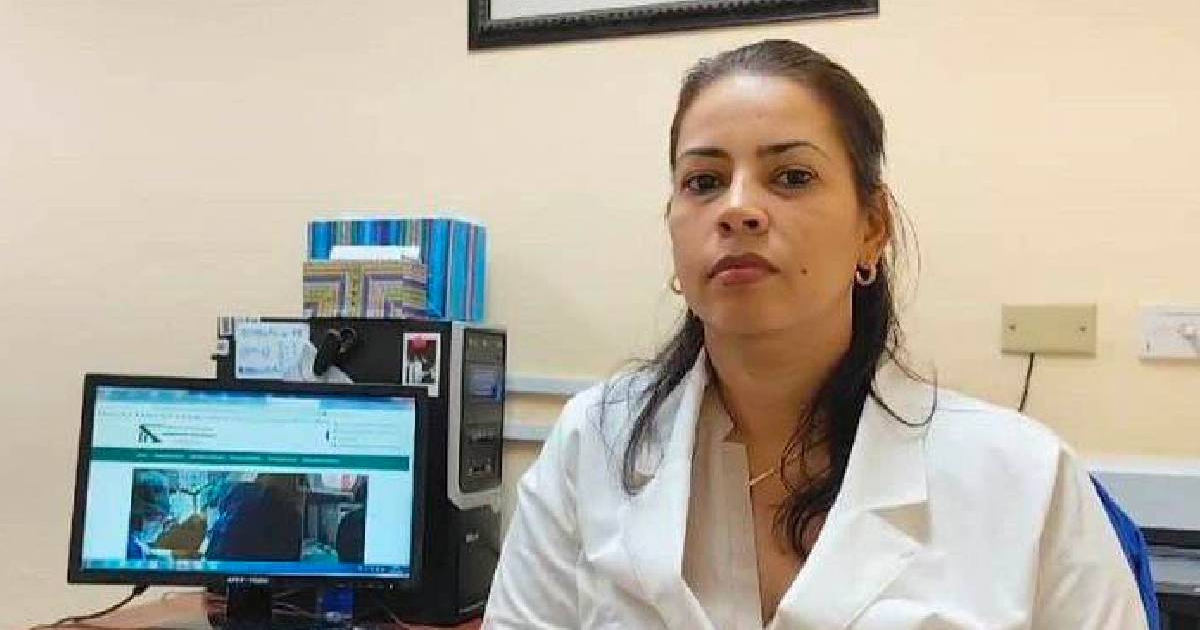The Cuban government announced on Saturday the commencement of a clinical trial using an experimental national immunotherapy drug aimed at treating patients with advanced solid tumors. This study, conducted at the Hermanos Ameijeiras Clinical Surgical Hospital in Havana, seeks to assess the safety and efficacy of the IL-2 non-alpha mutein, a compound developed by the Center for Molecular Immunology (CIM).
Oncologist Vilma Fleites Calvo shared with the state-run Infomed portal that the research is currently in its second phase, following a first phase that yielded "positive" results regarding antitumor response, as reported by the official newspaper Granma. The drug is being administered to patients who have exhausted conventional treatment options and have not responded to previous therapies, the report emphasizes.
"These clinical trials are crucial for oncologists as they allow the development of new palliative protocols for patients in advanced stages of the disease," explained Fleites Calvo. The article highlights that although cancer remains the second leading cause of death in Cuba, the country's scientific advancements face significant hurdles due to economic, technological, and supply constraints. These challenges limit the practical implementation of many promising treatments within the public health system.
Addressing Challenges in Cuban Biomedical Research
The development of this clinical trial reflects an effort to discover more effective and accessible therapies for Cuba's healthcare system. However, experts have frequently pointed out that while biomedical research on the island is active, it suffers from a lack of transparency, resource shortages, and inadequate hospital infrastructure, questioning the scalability of these treatments.
The IL-2 non-alpha mutein is a modified variant of interleukin 2, a protein that stimulates immune system activity. It is designed to enhance an immune response specifically targeting tumor cells without activating other receptors that could cause severe side effects. This form of immunotherapy is considered one of the most promising avenues in the global fight against cancer, although its success is contingent on factors such as treatment personalization, tumor type, and the patient's overall condition.
Exploring the Implications of Cuban Cancer Research
What is the IL-2 non-alpha mutein?
The IL-2 non-alpha mutein is a modified version of interleukin 2, designed to stimulate the immune system's response against cancer cells while minimizing severe side effects.
Why is this clinical trial significant for Cuba?
This trial is significant because it represents an effort to develop new, effective cancer therapies that are accessible within Cuba's constrained healthcare system.
What challenges does Cuban biomedical research face?
Cuban biomedical research faces challenges such as lack of transparency, resource shortages, and inadequate infrastructure, which impede the scalability of treatments.
